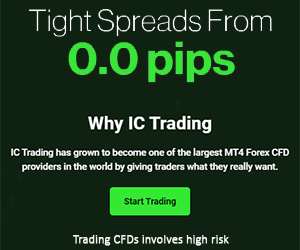Euro nears $1.34 following Fed meeting announcements
Central Bank leaders elected to leave interest rates alone following their monetary policy meeting on Tuesday (September 21). The move extended weakness in the dollar and helped push the euro and pound higher.
One euro is currently worth $1.3377 after netting as much as $1.3398 early Wednesday morning. The pound is worth$1.5626 after it earned as much as $1.5719 earlier.
The Fed noted in its meeting statement that it is prepared to take additional measures to help spark the economy as it pushes for recovery. Along with maintaining a low to no interest rate policy, other options include buying up Treasury bonds as a way to help keep interest rates at banks low.
A Wednesday morning report shows that demand for new loans dropped for the third consecutive week despite the fact that mortgage rates remain near all-time lows. Bankrate.com lists the current national average 30-year fixed loan rate at 4.34 per cent.
Retail sales and jobless claims data last week provided positive news about the prospects for economic recovery. Bank leaders want to exhaust every resource to help propel the economy back into shape. If jobs and consumer spending improve, the hope is that discounted home buying opportunities will begin to present a better opportunity to Americans.
The net effect of the Fed’s commentary on cash infusion is a weakening of the dollar against major currencies. It also helped prop up gold prices, which sit just below the first ever break of $1,300. The current gold spot rate is $1,293.50 per ounce.
Technical investors in currencies point to $1.3500 as the next major resistance level for the Euro. Despite the recent surge, some analysts firmly believe the dollar is primed for a strong reversal in the near future.
If global data proves to be unstable in the near future, recent trends suggest investors may move away from riskier investments and buy back some dollars. If retail, jobs and housing data improve moving forward, the Fed likely will not wait long to consider hiking rates.
This would certainly increase buying interest in the dollar, which currently offers little value to interest yield investors.




















